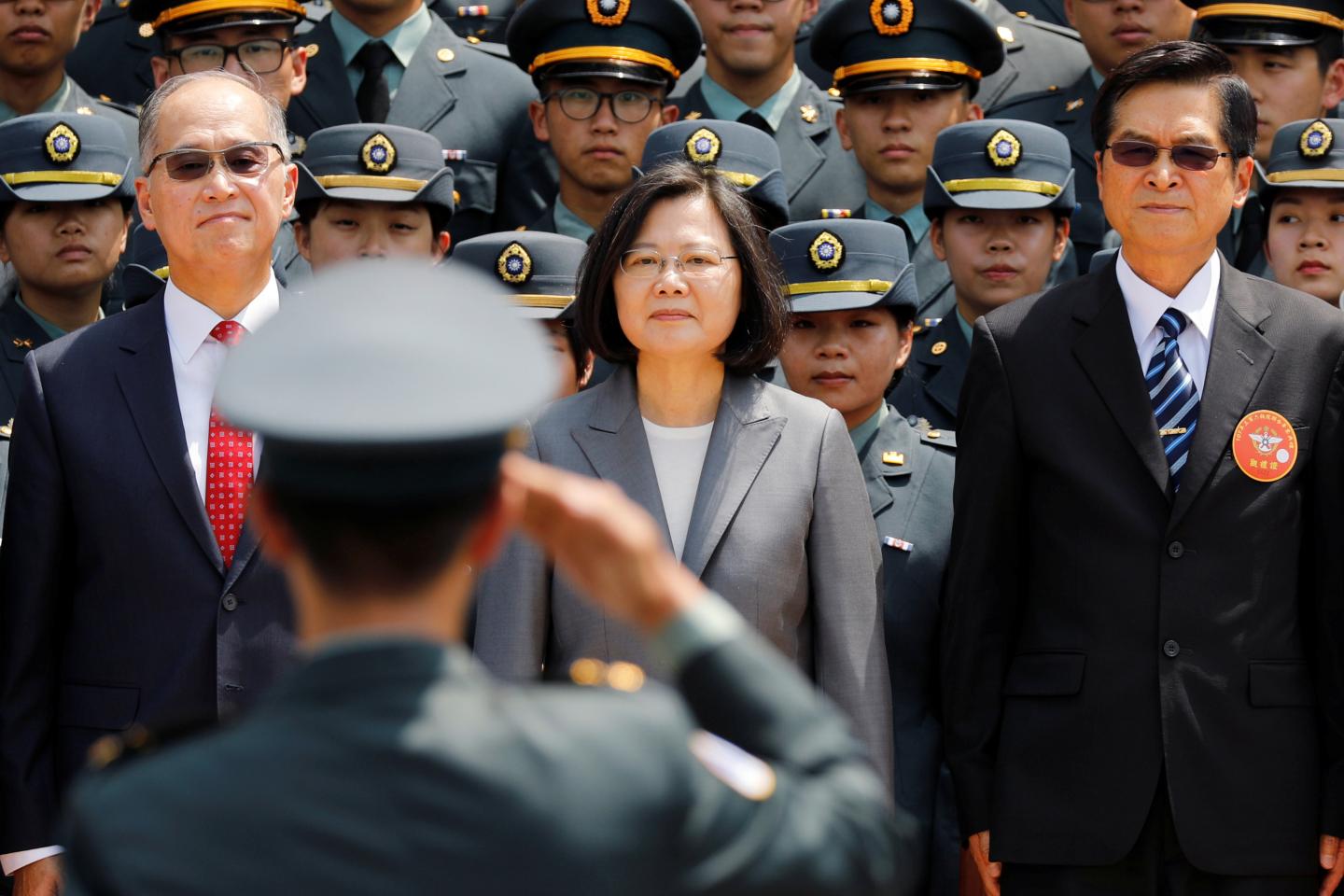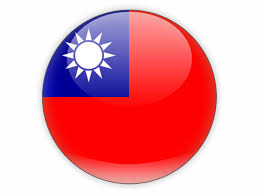China, Taiwan, and a dearth of ideas

Did Xi Jinping, in a January 2 speech, misjudge the will of the Taiwanese for self-dependence — and inadvertently revive Taiwan president Tsai Ing-wen’s political prospects?

Taiwan’s local elections in late November were roundly described as a crushing defeat for the broadly pro-independence Democratic Progressive Party (DPP) and President Tsai Ing-wen (蔡英文 Cài Yīngwén). The party lost a core constituency, Kaohsiung, which it had held for 20 years, as well as the special municipalities of Taichung, New Taipei City, and Taipei. Tsai promptly stood down as party chairwoman.
Insofar as the elections ceded victories in 15 cities and counties to a nominally pro-China Kuomintang (KMT), the results were no doubt cause for celebration in Beijing, which was accused of meddling in the polls to the KMT’s advantage. State media said the elections showed that the DPP had lost the support of the Taiwan people.
Ironically, that loss of support looks far less certain today after a January 2 speech by Chinese President Xi Jinping on Taiwan, which did not so much conflate the so-called 1992 Consensus (a.k.a. “One China” Consensus, coined by the KMT) with one country, two systems (formulated by Deng Xiaoping 邓小平) as much as to suggest that the former could be the basis for the latter.
The speech was an uninspired reiteration of ideas that are unwelcome anywhere in the mainstream of Taiwan politics.
At best, in Taiwan, the consensus Xi was referring to is regarded as an agreement to disagree on how to define China. Many Taiwanese regard the consensus as an outright fiction, given that KMT Legislator Su Chi (蘇起 Sū Qǐ) admitted he named the 1992 Consensus in 2000 to encourage people to think “each side has its own interpretation on the meaning of ‘one China.’”
In other words, the 1992 Consensus is problematic for more progressive elements in the KMT. The DPP rejects outright the notion that there was any consensus at all when China and Taiwan met in Hong Kong in 1992. Xi Jinping, in his recent speech, effectively stripped away the “creative ambiguity” of the consensus by making it commensurate simply with One China, making it outright politically untenable for all of Taiwan.
Meanwhile, one country, two systems, Beijing’s unraveling formula for running the Hong Kong Special Administrative Region, is anathema to both the DPP and the KMT, and is considered election poison for either party.
“Xi’s remarks are going to be seen as somehow attached to the KMT,” said KMT Legislator Jason Hsu (許毓仁 Xǔ Yùrén). “That’s not true, but it puts us in an awkward position.”
“It’s almost as if Xi Jinping handed [Tsai Ing-wen] the gift of a revived political career.”
Exiled Chinese dissident, Taiwanese citizen, and Reporters without Border’s Emeritus Board member Wu’er Kaixi (吾爾開希 Wúěr Kāixī) said: “I knew that either the KMT or China would screw up ahead of the [2020] general elections, but I didn’t think it would happen as soon as January 1.”
As one Taipei-based lawyer told The China Project, “Tsai responded perfectly and, in what was a surprise, far more forcefully than she has in the past, which has been very low key. It’s almost as if Xi handed her the gift of a revived political career.”
That remains to be seen. As the KMT’s Hsu pointed out, “A lot can happen in 13 months [ahead of the presidential elections], but Xi’s speech has put Tsai in a stronger position.”
Tsai’s response stated what is obvious in Taiwan, even if it is a reality that eludes the political elites in Beijing. “It is impossible for me — or in my view any responsible politician in Taiwan — to accept President Xi Jinping’s recent remarks, without betraying the trust and will of the people of Taiwan.”
It was a riposte that crossed Taiwan’s party divide, and possibly assisted Tsai in quashing an emergent revolt within her own party that has been simmering since the local election defeats, which have left the DPP in turmoil.
The KMT’s Hsu said he regarded Xi’s speech as a misstep that was forced upon him in order to be seen internally as taking the Taiwan issue in hand.
“The speech was directed at hawkish elements within his own party,” said Hsu, adding: “Xi misjudged the will of Taiwan’s people for self-dependence.”
A request for emailed questions by the Taiwan Mainland Affairs Council went unanswered. One of the questions asked: “What olive branch could the Tsai administration offer China?”
The answer is likely nothing that would be palatable for Taiwan voters and nothing that would be acceptable to Beijing, which has refused to deal directly with the Tsai administration since she took office in 2016. In fact, Xi said in his speech that China was willing to engage in dialogue and exchange with any Taiwan political entity that adheres to the One China principle.
Tsai described the latter as “a continuation of [China’s] deliberate campaign to undermine and subvert our democratic process and create division in our society.”
Wu’er Kaixi described the situation as “exasperating.” He said: “It’s like everybody’s out of ideas. All China can do is invoke the 1992 Consensus, One China, and talk about one country, two systems, and all Taiwan can do is say no.”
He added: “Obviously there’s room for new thinking on this impasse. Taiwan could, for example, constitutionally recognize the People’s Republic of China (PRC). What’s China going to do about that? It’s not an actual declaration of independence, and what’s China going to say? No, you can’t recognize us as a nation?”
If this were a politically possible act of imaginative thinking for Taiwan, it is an idea that is yet to find its time, or even to find a place to lodge in Taiwan’s political discourse, which has failed to evolve significantly on the question of its standing on China other than to reject Beijing’s claims of sovereignty and cling to the hope of a peaceful status quo.
When asked, the KMT’s Hsu would only describe the idea of recognizing the PRC as “interesting.”
However, he added: “We cannot be defined by the ideas of our forefathers, and China has exhausted itself of ideas — all it can think is to box in Taiwan in one country, two systems. One school of thought is that you declare independence. The current ideology has nothing to do with the Cold War ideology that defined the KMT 30 years ago.”
Hsu said he was pessimistic about a positive outcome, espousing a now widely held Taiwan attitude that Beijing would ultimately resort to invasion in an attempt to assert its claims on the island.





